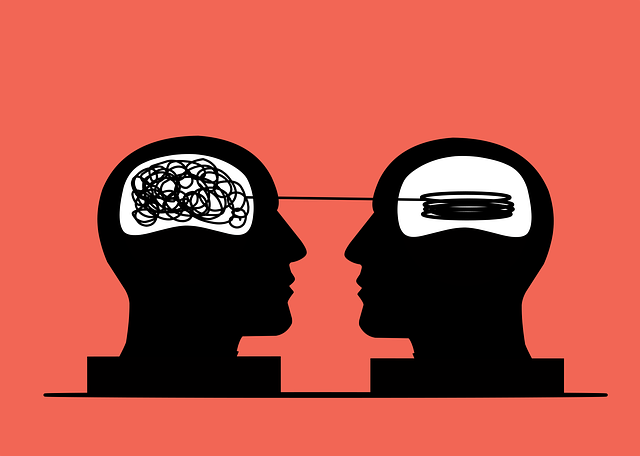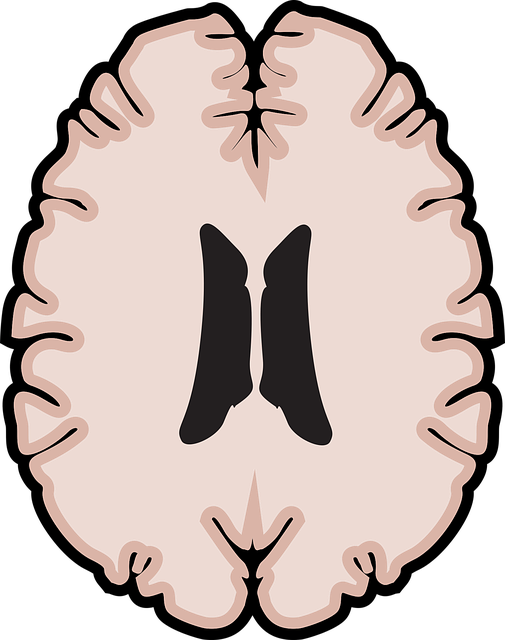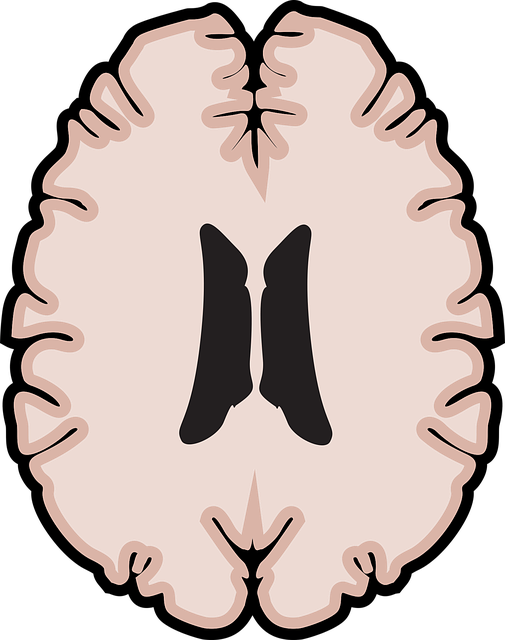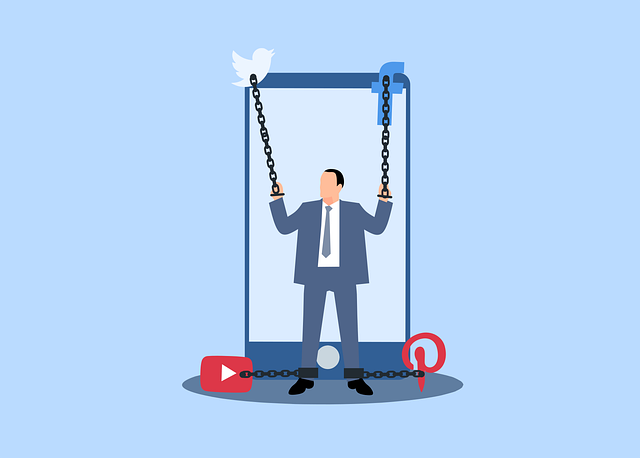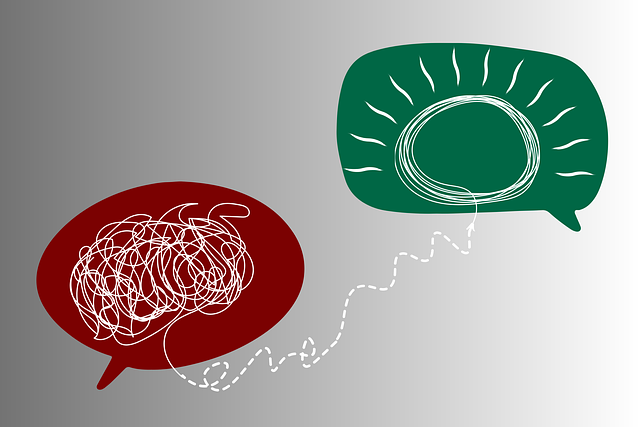Children and adolescents with Oppositional Defiant Disorder (ODD) are at risk of developing significant adult mental health issues, particularly substance abuse, due to associated impulsivity and low frustration tolerance. Specialized therapy for adults with ODD combines Cognitive-Behavioral Therapy (CBT) and motivational interviewing to address unique challenges, improve impulse control, and reduce substance abuse risk. Group therapy, peer support groups, mindfulness meditation, and sustainable lifestyle changes are vital components of this comprehensive approach. Public awareness campaigns aimed at reducing stigma encourage individuals to seek help without judgment.
“Substance abuse among adults with Oppositional Defiant Disorder (ODD) presents unique challenges. This article explores comprehensive risk reduction strategies, focusing on the intricate link between ODD and drug addiction. We delve into effective individualized therapy approaches tailored to address both ODD and substance use disorders. Additionally, group therapy and support networks are examined as powerful tools for long-term recovery. By integrating lifestyle changes and coping strategies, this guide offers a holistic path towards mitigating risks associated with ODD and fostering sustainable sobriety.”
- Understanding Oppositional Defiant Disorder (ODD) and Its Link to Substance Abuse
- Individualized Therapy Approaches for ODD and Drug Addiction
- Group Therapy and Support Networks in Recovery
- Lifestyle Changes and Coping Strategies for Long-Term Risk Reduction
Understanding Oppositional Defiant Disorder (ODD) and Its Link to Substance Abuse

Oppositional Defiant Disorder (ODD) is a mental illness characterized by recurring patterns of angry and defiant behavior in children and adolescents. This disorder often involves frequent arguments with authority figures, active defiance or refusal to comply with rules, and anger or resentment. If left untreated, ODD can increase the risk of developing other mental health issues as an adult.
The link between ODD and substance abuse is significant. Research suggests that individuals diagnosed with ODD are more susceptible to engaging in risky behaviors, including substance misuse, due to their tendency towards impulsivity, anger management difficulties, and low frustration tolerance. Therapy for Adults Oppositional Defiant Disorder focuses on addressing these underlying issues through tailored communication strategies and behavioral interventions. Public Awareness Campaigns Development and Mental Illness Stigma Reduction Efforts play a crucial role in normalizing the discussion around ODD and encouraging those struggling to seek help without fear of judgment. Effective communication strategies can empower individuals with ODD to manage their symptoms, reduce impulsive behaviors, and lower their risk of substance abuse.
Individualized Therapy Approaches for ODD and Drug Addiction

For individuals struggling with substance abuse alongside Oppositional Defiant Disorder (ODD), tailored therapy approaches offer a beacon of hope. Recognizing the complex interplay between ODD symptoms and drug addiction, specialized therapists employ individualized strategies to address both conditions simultaneously. Cognitive-Behavioral Therapy (CBT) has proven effective in managing ODD by teaching clients healthier coping mechanisms and improving impulse control. Integrating this with motivational interviewing enhances the individual’s motivation for change regarding substance abuse.
The therapy process involves collaborative communication strategies, fostering an environment where patients feel heard and understood. By reducing the stigma associated with mental illness, these therapeutic settings encourage emotional healing processes. Through tailored interventions, adults with ODD and co-occurring drug addiction can learn to manage their symptoms, develop resilience, and achieve lasting recovery.
Group Therapy and Support Networks in Recovery

Group therapy offers a powerful tool for individuals recovering from substance abuse, especially those grappling with Oppositional Defiance Disorder (ODD). In a supportive environment, adults with ODD can learn to manage their impulses and improve their relationships with others. Facilitated by trained professionals, these sessions provide a safe space for participants to share experiences, gain insights from peers facing similar challenges, and develop coping strategies tailored to their needs.
Complementing therapy, robust support networks are integral to long-term recovery. Encouraging participation in peer support groups or community organizations fosters connections with like-minded individuals who understand the unique struggles of substance abuse and ODD. Additionally, integrating practices such as mindfulness meditation and stress management workshops can empower individuals to enhance self-esteem, promote mental well-being, and prevent relapse.
Lifestyle Changes and Coping Strategies for Long-Term Risk Reduction

Making sustainable lifestyle changes is a key component of long-term risk reduction for substance abuse. Individuals who have struggled with addiction often benefit from incorporating healthy habits into their daily routines. This can include regular exercise, balanced nutrition, and adequate sleep – foundational elements that support both physical and mental well-being. Additionally, cultivating coping strategies such as mindfulness practices, stress management techniques, and engaging in therapeutic activities like art or music therapy can help individuals navigate triggers and manage cravings effectively.
For those grappling with co-occurring conditions like Oppositional Defiance Disorder (ODD), addressing underlying emotional issues through specialized therapy is crucial. Cognitive Behavioral Therapy (CBT) for adults with ODD has proven effective in teaching coping skills, improving impulse control, and enhancing emotional regulation. Community outreach program implementation can also play a vital role in fostering support networks, providing access to resources, and promoting peer-to-peer connections, all of which contribute to sustained recovery.
In addressing substance abuse, a comprehensive approach is essential. By understanding the complex link between Oppositional Defiant Disorder (ODD) and substance misuse, individuals can access tailored therapy options like individualized behavioral therapies and group support networks. Integrating these strategies with lasting lifestyle changes empowers those struggling with ODD and addiction to achieve long-term recovery and significantly reduce future risk. For adults seeking help, specialized therapy for ODD is a vital step towards a healthier, substance-free life.
